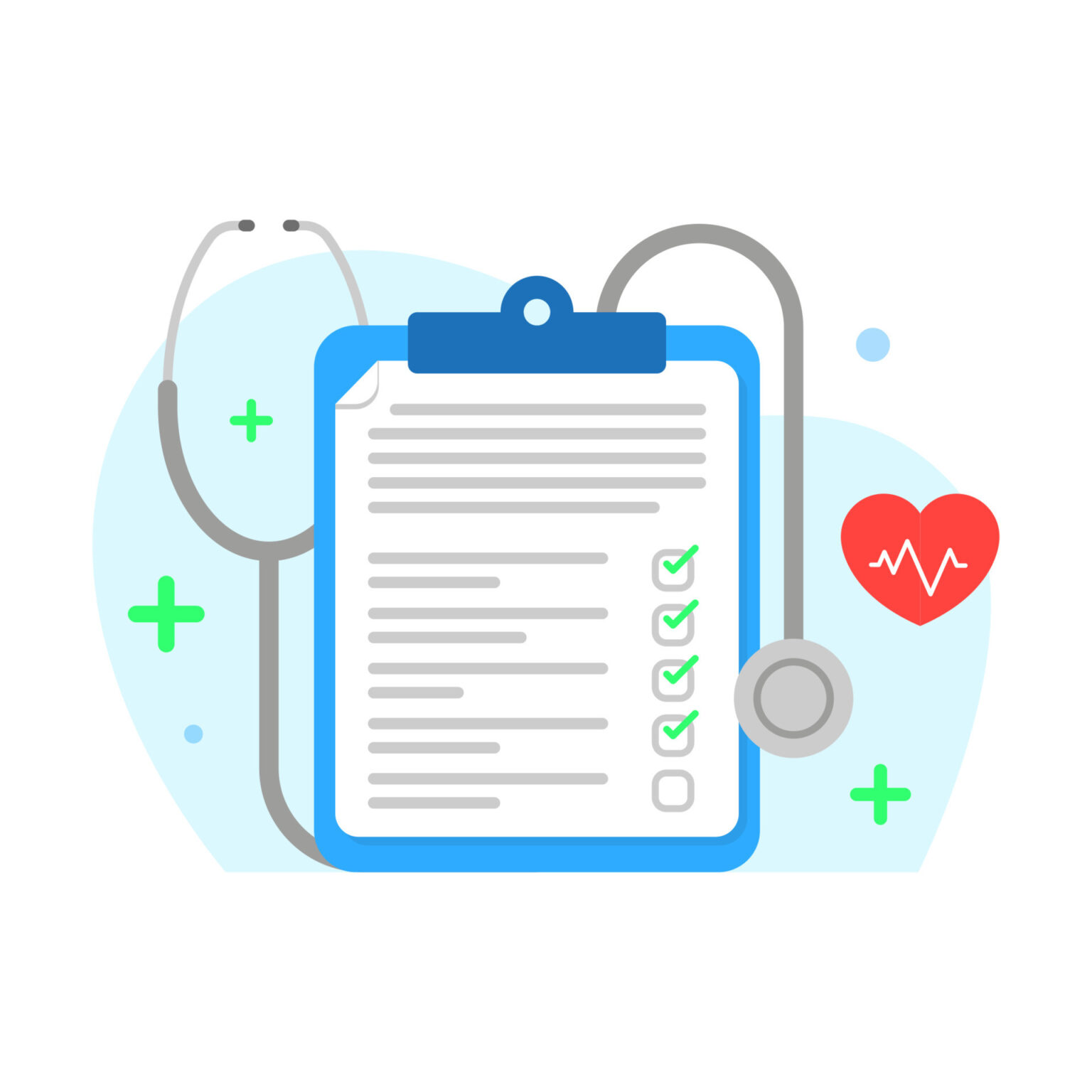Navigating the world of hospital billing can feel like walking through a maze. With numerous codes, charges, and insurance policies to consider, understanding your hospital bill can be daunting. But don’t worry; we’re here to break it down for you. By the end of this guide, you’ll have a clear understanding of hospital billing how to manage your bills, and tips to avoid common pitfalls.
Understanding Hospital Billing
What is Hospital Billing?
Hospital billing refers to the process by which hospitals and healthcare providers charge patients and insurance companies for medical services rendered. This involves a detailed and complex system that ensures every aspect of patient care is accounted for and billed correctly.
Key Terminologies in Hospital Billing
- Explanation of Benefits (EOB): A statement from your insurance company explaining what costs it will cover for medical services.
- Co-pay: A fixed amount you pay for a covered healthcare service after you’ve paid your deductible.
- Deductible: The amount you pay out-of-pocket before your insurance starts to cover expenses.
- Premium: The amount you pay for your health insurance every month.
The Hospital Billing Process
Patient Registration
The journey of a hospital bill begins at patient registration. Here, your personal and insurance information is collected and entered into the hospital’s system.
Insurance Verification
Next, the hospital verifies your insurance coverage. This step ensures that the services you’re about to receive are covered under your policy.
Medical Coding
Medical coding is a critical step where healthcare providers convert the services provided into standardized codes. These codes are essential for billing and insurance claims.
Charge Capture
Charge capture involves recording all services and procedures performed during your visit. This ensures that every aspect of your care is billed appropriately.
Claim Submission
The hospital then submits a claim to your insurance company, detailing the services provided and their respective codes.
Payment Posting
Once the insurance company processes the claim, payments are posted to your account. Any remaining balance is billed to you.
Denial Management
If a claim is denied, the hospital’s billing department will investigate the reason and work to resolve any issues, often requiring additional documentation or clarification.
Types of Hospital Bills
Inpatient Bills
Inpatient bills cover services provided when you’re admitted to the hospital. This includes room charges, nursing care, meals, and any procedures or treatments performed during your stay.
Outpatient Bills
Outpatient bills apply to services where you’re not admitted to the hospital. This could be for diagnostic tests, minor surgeries, or physical therapy sessions.
Emergency Room Bills
Emergency room bills are typically higher due to the urgent and often comprehensive nature of the care provided. These bills cover everything from initial consultation to any immediate treatments or tests.
Common Hospital Billing Issues
Billing Errors
Mistakes in billing can occur, such as duplicate charges, incorrect coding, or charges for services not received. Always review your bill carefully to catch these errors.
Insurance Discrepancies
Discrepancies between what your insurance covers and what is billed can lead to unexpected charges. Understanding your policy can help prevent these issues.
Delayed Payments
Delayed payments can result from slow insurance processing or issues with claim submissions. Keeping in touch with your insurance provider can help expedite this process.
How to Read a Hospital Bill
Understanding Itemized Charges
Hospital bills are often itemized, listing each service or procedure separately. Familiarize yourself with common charges to better understand your bill.
Decoding Medical Codes
Medical codes might seem like a foreign language. These codes correspond to specific procedures and diagnoses, which you can cross-reference with resources like the ICD (International Classification of Diseases).
Recognizing Common Charges
Some common charges you might see include:
- Facility fees: Charges for the use of hospital equipment and facilities.
- Lab tests: Costs associated with blood tests, imaging, and other diagnostics.
- Medications: Charges for any drugs administered during your stay.
Tips for Managing Hospital Bills
Verifying Insurance Coverage
Before any hospital visit, verify what your insurance covers to avoid unexpected bills. Contact your provider to confirm coverage for specific procedures.
Keeping Track of Medical Records
Maintain a personal file of all medical records, bills, and insurance correspondence. This helps in cross-checking charges and resolving disputes.
Seeking Financial Assistance
Many hospitals offer financial assistance programs. If you’re struggling to pay a bill, inquire about available options to reduce or defer payments.
Negotiating Medical Bills
Don’t hesitate to negotiate your bill. Medical billing often offers discounts for prompt payment or financial hardship cases.
The Role of Medical Coders in Hospital Billing
Importance of Accurate Medical Coding
Accurate coding is crucial for billing and reimbursement. Errors in coding can lead to claim denials or incorrect charges.
Impact on Billing and Reimbursement
Proper coding ensures that the hospital gets reimbursed correctly and promptly, and it also minimizes the patient’s out-of-pocket expenses.
Hospital Billing and Insurance
Understanding Insurance Policies
Each insurance policy is different. Understanding the details of your coverage, including deductibles, co-pays, and network providers, is essential.
The Role of Insurance in Hospital Billing
Insurance acts as a buffer between the hospital and the patient, covering a significant portion of the bill and reducing the patient’s financial burden.
Handling Insurance Denials
If your insurance denies a claim, don’t panic. Contact your provider to understand the reason and appeal if necessary. Often, additional documentation can resolve the issue.
The Impact of Technology on Hospital Billing
Electronic Health Records (EHR)
EHRs streamline the billing process by keeping all patient information in one place, reducing errors and improving efficiency.
Medical Billing Software
Advanced billing software helps hospitals manage claims, track payments, and handle denials more effectively.
Telehealth and Remote Billing
With the rise of telehealth, billing practices have adapted to accommodate virtual consultations, ensuring patients receive accurate bills for remote services.
Future Trends in Hospital Billing
Value-Based Care
Shifting from fee-for-service to value-based care means billing practices will focus more on patient outcomes rather than the volume of services.
Price Transparency
Regulations are pushing for greater transparency in hospital billing, making it easier for patients to understand and compare costs.
Patient-Centric Billing
Billing processes are becoming more patient-friendly, with clear, understandable bills and support for financial counseling.
Legal Aspects of Hospital Billing
Compliance with Healthcare Laws
Hospitals must comply with various healthcare laws and regulations to ensure fair billing practices.
Patient Rights and Hospital Billing
Patients have rights regarding their bills, including the right to receive an itemized statement and the right to dispute charges.
Legal Recourse for Billing Disputes
If you believe you’ve been billed unfairly, you can seek legal recourse. Contacting a healthcare advocate or lawyer can help resolve serious billing issues.
Hospital Billing During a Pandemic
Changes in Billing Practices
The COVID-19 pandemic has altered billing practices, with more emphasis on covering telehealth services and emergency care.
Insurance Adjustments
Insurance companies have adjusted their policies to cover COVID-related treatments and tests, reducing the burden on patients.





